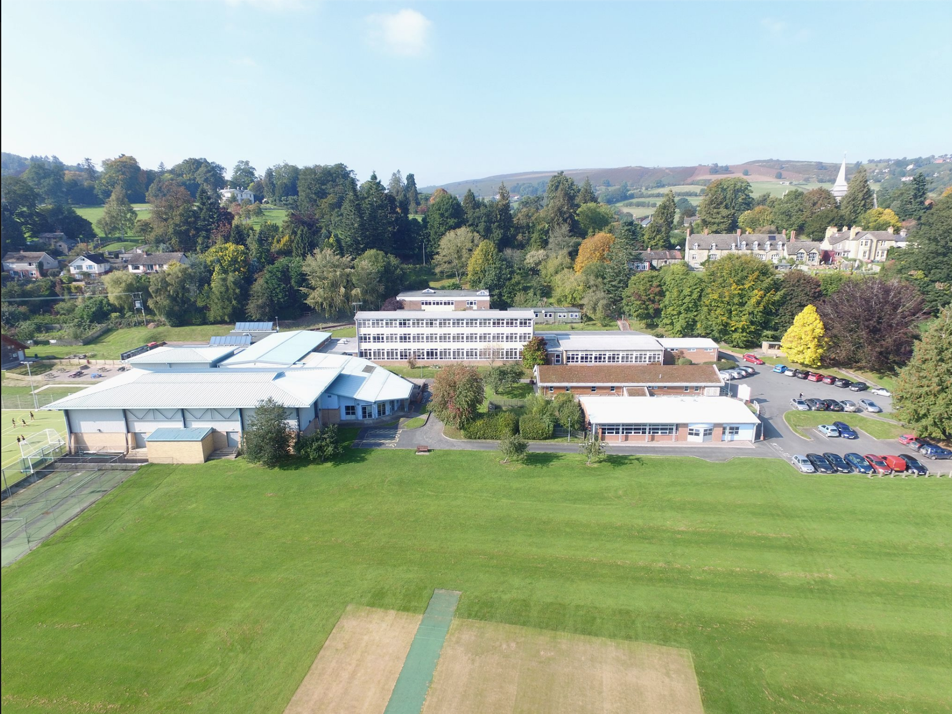Pupil Premium
Lady Hawkins’ School
LADY HAWKINS’ SCHOOL
Find out more about Pupil Premium
The Government introduced the Pupil Premium Grant in April 2011. It is additional funding given to all schools so that they can support potentially disadvantaged pupils and close the nationally recognised attainment gap between them and their peers.
Schools can decide how the Pupil Premium is spent as they are best placed to assess what additional provision should be made for the individual students within their responsibility.
Eligibility
Pupils recorded in the January school census who are known to have been eligible for free school meals (FSM) in any of the previous 6 years.
Pupils recorded in the January school census and alternative provision census who were looked after by an English or Welsh local authority immediately before being adopted, or who left local authority care on a special guardianship order or child arrangements order.
Pupils recorded in the January school census who were eligible for the service child premium in any of the previous 6 years, as well as those recorded as a service child for the first time on the January school census.
How much does LHS receive?
For 2023-24 the funding rate was £1,035 for each eligible secondary-
For 2024-25 the funding rates rise to £1,050 for each eligible secondary-
Pupil Premium Plans & Reviews
Evaluating the Impact of Pupil Premium
We regularly measure the impact or effect of our Pupil Premium strategies and initiatives using a range of methods including:
- analysis of achievement data (pupil progress and the standards they attain) to see if we are successfully closing any gaps;
- specifically tracking their progress in the intervention programmes they are on and other support they and their families receive to see if they are working using our ‘narrowing the gap’ sheets, leading to an in-depth discussion and guidance from senior managers on how best to help each individual pupil as well as groups of pupils;
- observation of in-class support, intervention programmes and other provision to ensure they are being delivered well and are targeted on the children who will benefit most from them to maximise their effectiveness and impact;
- directly comparing the quality of work and progress in their books to that of the other children in the class;
- feedback from the additional outside agencies we buy in such as our professional counselling service, and from staff about the positive difference these services are making;
- analysis of other relevant key indicators such as attendance, punctuality, behaviour;
- drawing information from other relevant records such as PSHCE assessments as well as information relating to Social Care involvement, safeguarding and child protection.
We use this information to decide which strategies are working well and that we can expand and build-on, and which are not having much effect so need to be targeted on different children, improved, or abandoned and replaced with something better. This information is compared to the cost so we can look for better alternatives if they are not providing ‘value for money’.
Current Key Areas of Focus
Improve the number of Pupil Premium pupils achieving 5 Grade 4-9 including Maths and English.
Improve the number of Pupil Premium pupils achieving above expected and expected progress between KS2 and KS4 in Maths and English.
Where appropriate, the English Department will use the Accelerated Reader Programme with students.
Close the gap in Progress 8 and Attainment 8 between Pupil Premium pupils and their peers.
Improve the attendance of all Pupil Premium pupils.
Provide opportunities for Pupil Premium pupils in extra-
Improve the reading age of Pupil Premium pupils to ensure it is appropriate to their chronological age.
Provide literacy and numeracy intervention for those Pupil Premium pupils who need it the most to enable them to access the curriculum.
Ensure Pupil Premium pupils leaving LHS have access to an appropriate place of education and/or employment.
Ensure that Pupil Premium pupils can access the full range of extra-
Barriers To Learning
We aim to ensure we spend our additional Pupil Premium Grant on things that work and are effective in making a positive difference to our disadvantaged children, helping to combat their many barriers to learning and close any gaps in achievement so they do just as well as the other children.
We identify and address barriers to learning faced by individual pupils through:
- everyday teaching practice; trawling records;
- discussions with pupils;
- parents and agencies involved;
- rigorous regular tracking of pupil attainment and progress, especially PP students. During faculty meetings the effectiveness of strategies to overcome their barriers to learning are evaluated and if necessary a new tailored programme put in place
The main barriers to educational achievement faced by eligible pupils at the school:
- Communication difficulties, as identified by a Speech and Language therapist.
- Broken family structures – family stress and low resilience
- Low parental engagement/parenting skills
- Safeguarding and welfare issues which may lead to Social Services involvement
- Loss and bereavement
- Trauma and other mental health issues in the family and/or child
- Frequent moves of country and school – some have no recourse to public funds
- Socio-economic disadvantage i.e. poverty
- Housing issues i.e. overcrowding, temporary / poor quality accommodation and friction with neighbours and other members of the community
- Poor health and diet, high level of medical needs, and low attendance
- Special educational needs and disabilities.
Expenditure of Pupil Premium funding to overcome these barriers to learning:
All the interventions and support are chosen for their proven effectiveness (research or internal impact evaluation), with the intention of accelerating the progress of our disadvantaged children to raise their standards of attainment and narrow any gaps with their non-PP peers.


